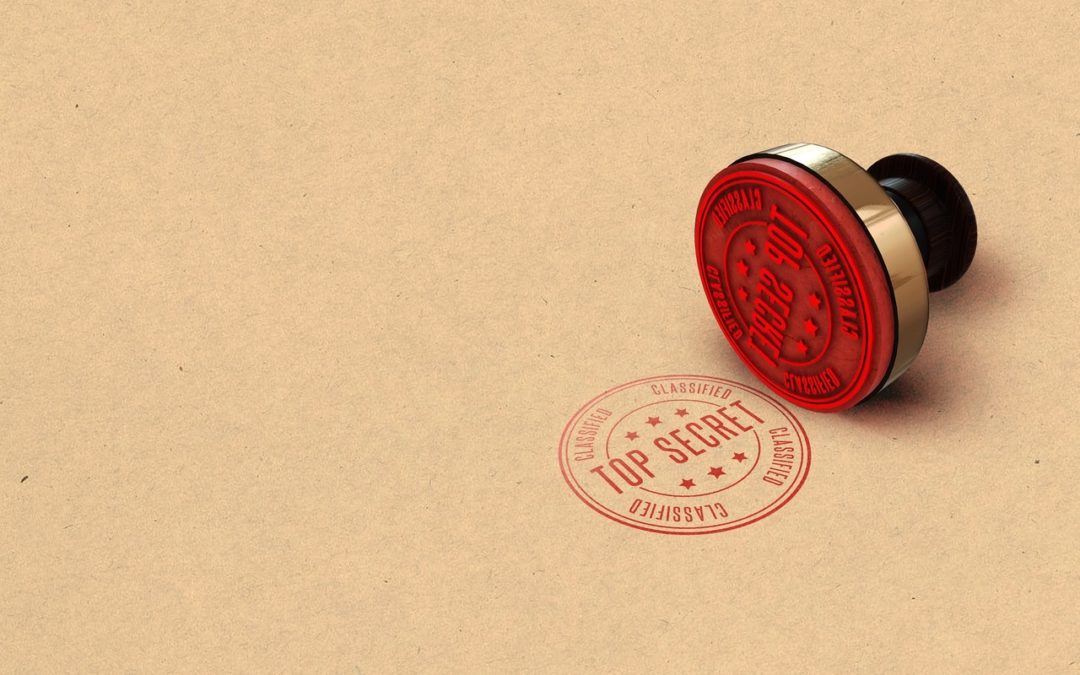This has started coming up again with my patients, so let’s nip it in the bud, shall we? Is it safe to be listed as a patient in your state medical cannabis registry?
The short answer is yes. Read on for more details.
Nobody likes the idea of having their medical history on display for all the world to see. Certainly there are diagnoses that are far more stigmatized than using cannabis for medical purposes (STI for example). For this and other reasons, our medical information is quite highly protected. Aside from a physician’s ethical duty to preserve confidential information (which stems from our responsibility to not harm our patients), there is an entire federal law devoted to ensuring those protections. It has a stupid long name: Health Insurance Portability and Accountability Act (HIPAA). The gist is that only healthcare workers who have a need to know your medical facts can have access, those facts can only be shared with others working to take care of you, and there are serious penalties for divulging this protected information.
In my practice, for example, every staff member is trained on HIPAA. At the hospital, we must review HIPAA policy every year. To say this is taken seriously is an understatement. These security measures apply to communication and medical record systems as well.
Now what’s interesting is these protection apply to state systems too. You might think that since HIPAA is a federal law, and the federal government still says cannabis is illegal, that HIPAA would not apply to cannabis related systems. However, this is not true.
All healthcare systems are bound by HIPAA, regardless of their federal legality. So your state registry is covered.
This means your other doctors can’t get this information. It means the cops can’t get this information. It means your employer can’t get this information. And it means that the federal government can’t get this information. (Since medical legalization began in 1996, there has been one instance in which the DOJ subpoenaed a medical cannabis registry in Oregon, for no apparent reason, and while Oregon did comply with the subpoena, nothing further came of this).
If you get pulled over by the cops for driving erratically, they can ask you if you’re impaired, they can test you to see if you’re impaired (the validity of those tests is problematic and they never stand-up in court), but they can’t tell you have a medical cannabis card. Unless, of course, you show it to them. More importantly since, even with a card, you are not allowed to drive while you’re impaired, presenting your card will not get you out of trouble.
Interestingly, at present, there are several areas where cannabis use can have repercussions: firearms permits and commercial driver’s licenses. However, in neither of these cases do the governmental office have the right or ability to check if you have a cannabis card. Instead they ask you, on pain of perjury, whether you use cannabis (or other substances). Note that they don’t care whether for medical or non-medical purposes.
So, again, you’re safe to have a medical cannabis card. If you’re dead-set in your concerns about having a card, I’m happy to work with you anyway. As I always say, it’s about the care, not the card.
However, before we do away with the cards, let’s remember that they do bring some benefit, even in states like Massachusetts where we have recreational legalization. The card removes the 20% sales tax, gives priority service and parking, accesses reserved products for patients, and most importantly helps me keep an eye on what’s going on with you, so that I can be most helpful. Since the card doesn’t cost anything, it’s worthwhile in almost all cases to go the extra step to have it.
This issue, along with many other medical and non-medical considerations that are important to your care, are things that we’ll discuss during our appointments. My goal is not only to help you feel better and be healthy, but to keep you safe in the broadest context. The cannabis card, thankfully, is generally not a big concern.
Consult with a Qualified Boston Medical Marijuana Expert Today
Those considering using THC, CBD, or any type of medicine found in cannabis to help manage their condition should consider speaking to a trained medical expert who is knowledgeable about using cannabis therapeutically. Massachusetts medical marijuana doctor Jordan Tishler, M.D. sits on the faculty of Harvard Medical School and has years of experience helping patients treat pain and other ailments using cannabis. He and the team at InhaleMD stand ready to assist patients in determining whether medical marijuana is right for them. For more information, or to set up a virtual consultation with the team at InhaleMD, call us at (617) 477-8886 today.

